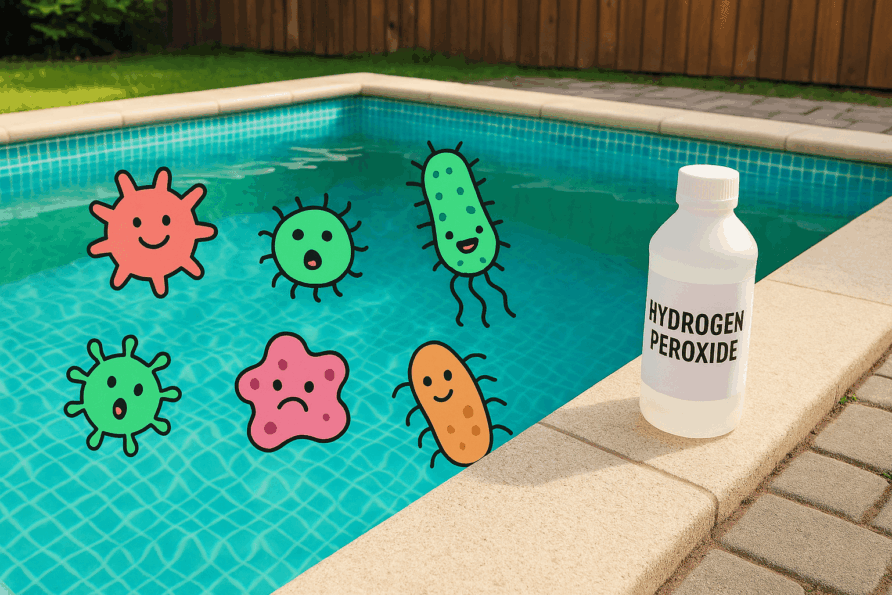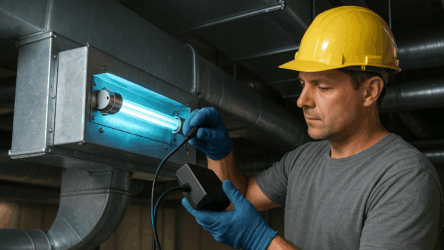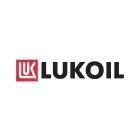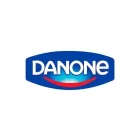Hydrogen peroxide (often sold as “active oxygen”) has long been used to clear and sanitize pool water. It’s a common alternative to chlorine for small backyard and frame pools. But how well does it work, how safe is it, and what are the caveats? Let’s break it down.
How H₂O₂ Works in Pools
When dosed correctly, liquid hydrogen peroxide (typically 30–40%, sometimes 60%) can:
- Brighten and clarify turbid water by oxidizing suspended matter,
- Reduce microbial load by inactivating many bacteria, some viruses, and a portion of yeasts/molds,
- Oxidize dissolved organics (sweat, body oils, cosmetics),
- Decompose into water and oxygen without leaving persistent by-products.
The key is accurate dosing. Recommended per 1 m³ of water:
| Contamination level | 30–40% H₂O₂ | 60% H₂O₂ | Contact time |
| Low | 500–700 g | 400–500 g | 24 h |
| Medium | 800–1100 g | 600–700 g | 48 h |
| High | 1200–1400 g | 700–800 g | 72 h |
Safety note: Overdosing can irritate skin/eyes and cause chemical burns; underdosing won’t sanitize adequately.
Chlorine vs. Peroxide: Which Is Better?
Chlorine remains the workhorse of pool sanitation: it’s inexpensive, long-lasting in water, and highly effective against a broad spectrum of microbes (including E. coli). Downsides include odor and potential irritation from chloramines.
Hydrogen peroxide has no chlorine smell and doesn’t form chloramines. It also helps decolorize green algae and can be useful where source water contains iron or sulfur. However, it’s less potent as a stand-alone disinfectant, decomposes faster at higher temperatures (≈28 °C and up), and provides little residual protection.
Practical approach: choose based on your operating goals and water conditions. Some facilities periodically apply shock chlorination even when relying on H₂O₂ for routine oxidation. Peroxide alone is not recommended as the only barrier when organic loading is high.
Why Combine Hydrogen Peroxide with UV?
A robust strategy is hydrogen peroxide + UV disinfection. Peroxide breaks down organic matter and clears the water, making it easier for UV radiation to reach and inactivate microorganisms. A UV pool sanitizer / Swimming Pool UV Sterilizer (an ultraviolet water disinfection system) then targets microbial DNA/RNA and prevents replication.
Benefits of the combo:
- Neutralizes up to 99.9% of microbes, including organisms less sensitive to H₂O₂,
- Helps control algae while reducing reliance on aggressive chemicals,
- Maintains consistently clear, hygienic water when paired with filtration and routine balance.
Important: UV accelerates the decomposition of H₂O₂. Monitor concentration and top up as needed to maintain the intended “active oxygen” level. With correct balance and maintenance, the Swimming Pool UV Sterilizer UVL-AQUA + peroxide approach keeps even small seasonal pools clean, clear, and bathers-safe.







